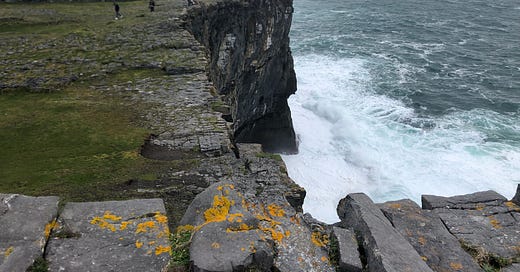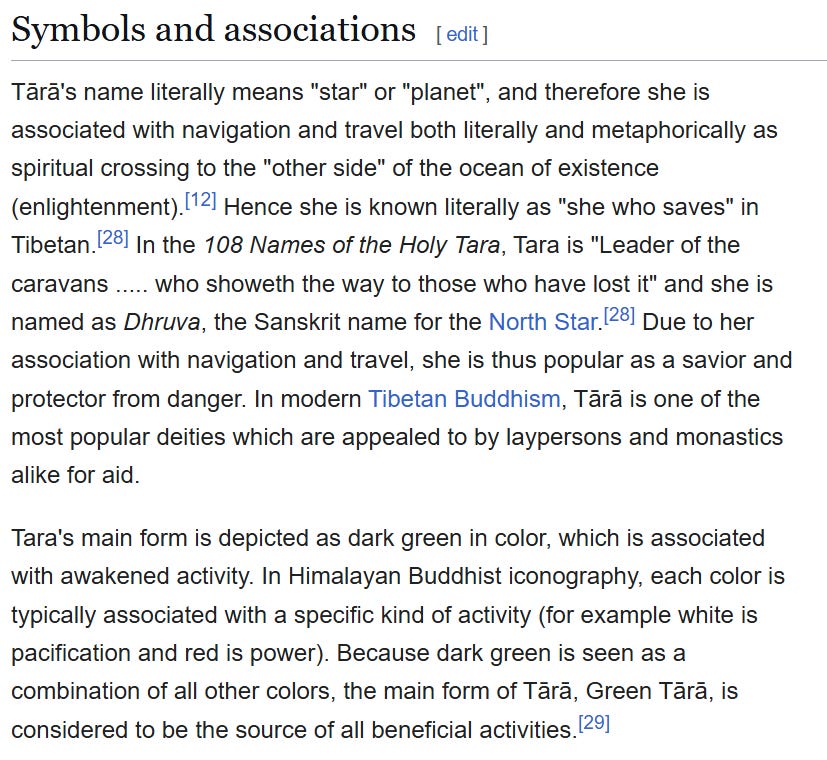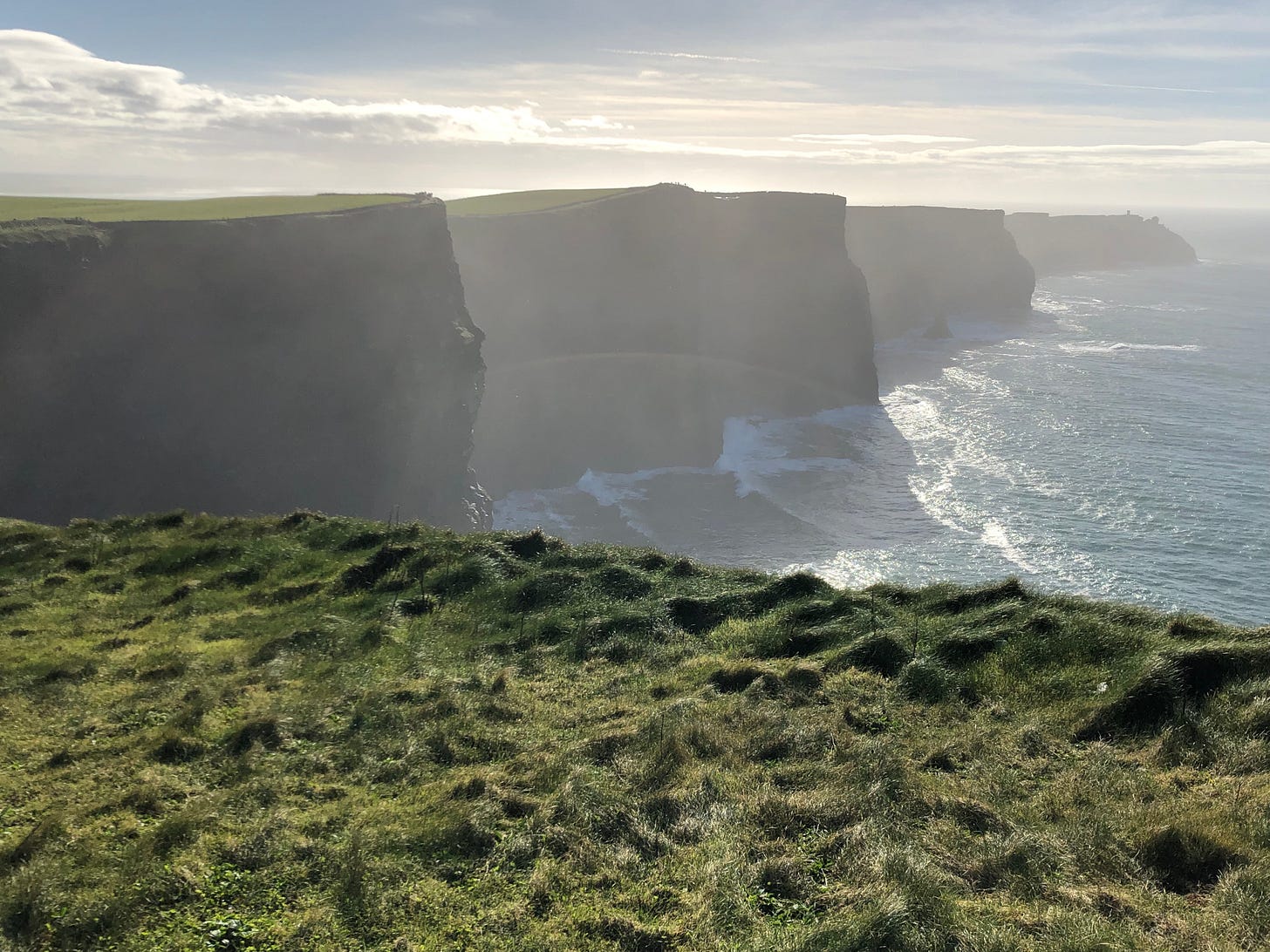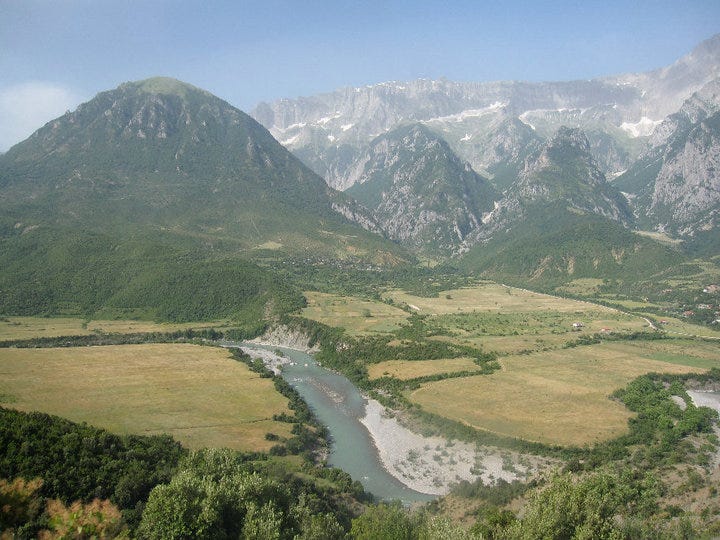Lion Eats Man: dangers on the road (November 3, 2022; the severed branch)
Genuine, Imaginary, and Self-Inflicted Dangers on the Road
Tourists lurk near the edge on the Aran Islands, Ireland (photos my own)
“Guy eaten by a pack of lions in front of family.” That’s what I typed into Google search one long winter night fourteen years ago. It was a refinement of my original search, “lion eats man,” which had yielded disturbingly plentiful results. Up until then, it had been a relaxing and happy night alone in my room after having a few drinks with some friends. I had a candle burning, giving off a fresh lavender scent. My favorite songs were playing on iTunes. I was messaging on AIM with some friends who were still awake back in America. Just on the other side of the glass beside me, the snow was falling heavily. A soft and cozy light emanated from the floor lamp. I might have had a perfectly tranquil night of relaxation and conversation.
But earlier that evening, I had been talking with my drinking companions about how often lions eat people, and I was unable to stop myself from doing my own research. They told me stories they had read on the Internet about incidents of wild beasts mauling tourists. The first video I found looked like it was from the 1970s. A man is on a safari in Botswana, Namibia, Angola, or some other place in sub-Saharan African with his family (the country was different depending on the version of the video). The vehicles are stopped near a pack of lions who are feasting upon the carcass of an animal. Hoping to get a closer picture, the man gets out of the jeep. His wife screams pleadingly for him to get back into the car, but he creeps along closer to the lioness, zooming in on her with his video recorder as she is chewing on some bloody meat from the open carcass of her prey. The YouTube video shows the last image he captured of her just before the lions attacked him. The rest of the recording shows views from the jeeps. His guts are spilling out of him, and his ribs are showing while his wife and children scream and sob. He struggles weakly to block the lions with his arms, and we see one final look of pain and misery on his face before the feasting lions cover up nearly his entire body. The video claims that the terrain prevented the jeeps from being used to scare away the lions (?). But at the end, a group of other vehicles arrive, frightening off the predators. One trots away with the man’s camera.
“Be safe!” my dad always says before my trips. Although I’d never been anywhere where lions live, it seemed to me that I could easily have been this man. I shivered at the thought that I might one day do something so stupid. What I imagined most of all was the regret he must have felt, looking out toward his wife and children after having ignored their pleas. Sitting in my rocking chair watching the snowfall, I thought until three in the morning about what anger he must have felt against himself. Or did he only feel a raw physical pain? Was the agony so immense that it drowned out whatever love he felt for his family in his last moments? Such seemed to be my own fate one day, accidental death brought on by my stupidity. I was just beginning my side-career as a traveler. The idea of such a silly death was one which haunted me. I foresaw myself taking pictures near the edge of a cliff only to trip and fall to my death.
There was a moment a few months later in Kosovo when I wondered if I’d finally made the mistake that would get me killed. It was humans, not animals, of which I realized I must truly be afraid. I checked in to my bed and breakfast in Pristine, the capital, when it was already dark out. Over there in the basement across the street, the hotel owner told me, there is free food available for self-service. I was eager to save money, and I headed over there to partake of a meager dinner. The feeding area, as it turned out, was basically a little bunker at the bottom of some stairs, which led down into it from an open door on the side of the dusty road. The room was so plain, so void of any decor over its concrete walls, that it was almost like a torture chamber. I nearly didn’t walk down into it, since my dad had always told me to remember to “trust your gut.” But the idea that I would be in danger in a Kosovo bed and breakfast’s dingy appendage seemed like mere paranoia, so I suppressed my doubts. I sat down at the table in the poorly lit space, the walls nothing more than a bare and gloomy gray, and I began eating the bowl of cereal I had prepared for myself.
I was facing the staircase, uninterested in having my back to the door. For a while it was simply silent and empty down there, but I kept looking apprehensively at the staircase. A local man walked down them, his hands in his coat pockets. I wondered if he was a staff member at the hotel, but I knew he couldn’t be once he started smirking at me strangely. He walked toward me and then went slowly around the table, not stopping until he was right behind me. The man was then just standing there lurking behind me, motionless, his jacket almost touching my hair. I could feel him breathing down on my head. Knowing I needed to get out of there, but somewhat frightened to make a move, I nervously took one final bite of my half-finished cereal. Then, very slowly, I backed my chair out behind me, so that he had to take a step back, and I rose cautiously, feeling that at any moment he might pounce. I took my bowl to the sink and, although I was supposed to wash it, I just left it there dirty in the basin. Then I walked briskly toward the stairs, feeling like a little kid sprinting up to the first floor after turning off the lights in the basement. At the first step, I took one final look over my shoulder. He was still standing there looking at me from just behind the chair where I had been sitting, smiling sinisterly. I emerged through the open door onto the dark street above, and I vowed never to set foot in that dungeon again. Only a few days later, I left Kosovo earlier than planned. I woke up in the morning to find my room menaced by a different creature from the natural world, namely thousands of ants. I quickly checked out of the hotel and caught the first bus to Macedonia.
As soon as I was back at my dorm room in Germany, I resumed my studies of animal attacks on humans. Other research endeavors soon joined this one. My mind took an interest in anything I could find about tourists dying while on the road. Social media was in its early days compared to now, but I was already fascinated by the people who died taking selfies against the edges of cliffs. My Google searches expanded to “man falls off cliff while taking selfie.”
The Cliffs of Moher, Ireland
Only a couple years later, when I visited the Grand Canyon, I would stand near the spot where some sad woman had plummeted to her death in the midst of her photographic passions. It wasn’t until years later, on the rugged cliffs of the Aran Islands in Ireland, that I first came close to witnessing some pour soul’s demise. There, we were standing near a fortress at one of the island’s highest points, and there were no railings or protections along the sheer drop several feet away from us. The waves were crashing brutally into the cliff, and it was often futile to resist the power of the wind, which occasionally forced our legs to take steps closer to the edge. A couple was up there with us, and they went right up to the precipice, snapping photos and even peering down at the water below. Every now and then, an unexpected gust burst forth from nowhere, and I saw their little bodies teeter for a moment. Each time, however, they were just far enough away to prevent the worst, and they continued in their determination to take the perfect pictures of each other and the scenery. I felt the lure of that beauty myself, and I could sense all the likes I would win on social media if I posted the kind of photos they must have been taking, though in the end it probably only would have won me five or six more. Perhaps fancying myself a Romantic painter, I took a video of the raw nature of our surroundings. I hoped to capture the sound of the immense gusts that swept over us periodically from somewhere deep in the Atlantic Ocean, and I feared I might at some point pick up the image of a body hurdling down into the salty water that roared ruthlessly far below.
No one died that day in that staggeringly beautiful place, though a woman and her child had shortly before at the Cliffs of Moher. Their premature deaths were on my mind as we walked along its narrow trails. I was safe, and yet I felt that awful regret which would rush through me if I had dared get too close. I sensed that my last thought would be of my father, devastated that his son had died blatantly ignoring his most frequent advice: “Be safe!” I thought about it a little too much, so much that it was as if I were already dead. I shivered at the thought of my stupidity. I was flooded with regret about something that had never happened.
Maybe that is because of another time, at Huayna Picchu in Peru. It is a moment which has always haunted me. We were ascending up to the summit, and we were above the early morning’s thick clouds and dense fog, which totally eliminated any view we might have of how far the drops beside us might reach. I have always been someone who trips easily. Going up the stairs, walking down the street. It’s almost comical how I immediately recover like nothing happened, because I am so used to it, though people look at me with concern. “You need to be more careful,” a friend once told me. “I’m afraid this is how you’ll die.” At one point near the top of Huayna Picchu, I tripped like I usually do, losing my footing on the uneven rocks beneath my feet, and I narrowly recovered at the edge. I have no idea how far I would have fallen into the clouds stretching out beneath me. But ever since, I have been haunted by the certainty that I died that day in some alternate universe. The farther I get from the moment, the worse the feeling becomes. I ponder all the wonderful events and experiences I would have missed out on, and these only accumulate over time. Would I have thought of him then? My father? “Be safe!” In my mind, I heard the words and saw the texts as we continued our ascent to the summit.
And yet in some excursions, such as those to the mountains of Albania or the Himalayas in India, it seemed impossible to stamp out the prospects of such a tragic death. In Albania, the only route between towns was on narrow roads which stretched through the mountains. Due to the danger of collision with some oncoming vehicle, the bus drivers would honk each time they came to a curve around a bend. The roads were so narrow that cars would rarely pass one another without creeping up right against the precipice, and sometimes we had to go into reverse to make room for an oncoming truck. As I looked out the window, I could sometimes see the sheer drop right against the wheels into those beautiful gorges and valleys. Pushing the thought of my demise from my mind, I tried simply to take nice pictures through the glass. All I could do was hope my driver was competent, and certainly he was used to these conditions. But could not his familiarity breed a certain carelessness, a sense that he had things under control regardless?
View from an Albanian bus from Sarandë to Korçë
This was a thought I could not avoid in the mountainous north of India. It is all too often that in certain remote areas of the Himalayas, where the roads are poorly developed and the guard rails are rare, a bus flips off the road, falling deep down to the rocks below with all its passengers screaming in terror until the end. When I was there, I saw the wreckage of one accident; mangled metal, not yet retrieved by workers, was in a smoldering heap a hundred feet below. A friend of mine recounted a close-call experience to me. She was on a bus there whose backside was hanging over the edge, and they only narrowly got securely back onto the road. Sometimes, these risks cannot be avoided when exploring the beauty of the mountains. I try my best to follow the advice - “Be safe!” - but certain travels inherently involve some diminished safety. For the local people who routinely transit between the villages in the Himalayas, however, these kinds of dangers are in fact a daily part of their lives.
For a few years, I often watched the video of the man being eaten in Botswana or Namibia or somewhere else in Africa. I tried to imagine what it would be like to be eaten alive by a lion. I imagined my whole family watching me there, unable to do anything. Even in the pain, I was sure I would still feel like such an idiot for even being in the situation. My regret would torment me to the end, and the shame I would feel before my father would overwhelm me as I passed out into oblivion. But of course, the video is a fake. It was taken from some movie and repackaged for the Internet.
Still, I periodically search for “lion eats man.” It was the desire to take a photograph which proved the demise of one American woman on a safari several years ago. She knew it was against the rules, but she rolled down the window as they approached a pride of lions, and she extended her camera a bit to snap the perfect photo. I somehow cannot doubt that her mind was filled with fantasies about the likes she would get on Instagram, and that she soothed herself with the sense that she could not really be in any danger seeing as she was securely inside the vehicle. But a lion jumped through the window and killed her. Did she have a dad who told her “Be safe”? Did she think about him as she died? Or was she more like the sad soul in South Africa that I once read about on BBC? He worked at a conservation center. He was drinking one night and said he wanted to be with the lions. His friends tried to stop him, but he ran happily and drunkenly into the enclosure. He was ripped into pieces. Officials failed to recover any truly identifiable remains. “We tried to stop him,” his friend said to the BBC journalist. “But he wanted to play with the lions.” Surely he must have had his own regrets in those final moments. I often imagine him, unable to change the past, cursing himself fruitlessly for his stupidity.











